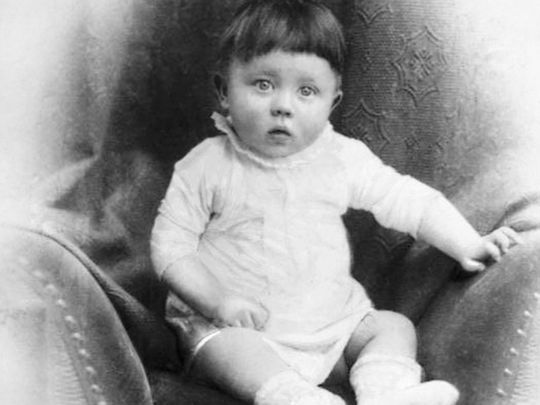
English philosopher Bertrand Russell once joked: “The point of philosophy is to start with something so simple as to not seem worth stating, and to end with something so paradoxical that no one will believe it.”
Click start to play the Weekend Crossword, where you can name such philosophical theories and points of debate.
The ethical dilemmas and thought experiments discussed as philosophical rhetoric are often so confounding that people can spend years debating without reaching a consensus. Here, we share a few that have perplexed both philosophers and those interested in ethics, for decades:
1. Liar’s Paradox
This paradox is also called Epimenides’ Paradox, after the Greek philosopher Epimenides of Knossos, who apparently said: “All Cretans are liars.”
If all Cretans are liars, Epimenides, who himself was from Crete, would have therefore been a liar. Yet, if he was lying when he spoke, then the entire sentence is a lie, rendering the Cretans as truthful people. The sentence becomes a paradox of self-reference when you realise (again) that Epimenides is Cretan, and if he is speaking the truth, then he is stating that all Cretans lie and therefore, he is lying!
Is your brain hurting yet?
2. Baby Hitler
Imagine if a scientist were to invent a time machine and it enabled you to go back to May 1889, to a town in Austria called Braunau am Inn. Just a month earlier, a child was born and his parents, Alois and Klara Hitler, named him Adolf. That’s right – the very same Adolf Hitler, who would grow up to become a Nazi dictator, responsible for killing millions of innocent people.
The ethical dilemma goes, if you gained access to Hitler’s nursery and were alone with him, with full knowledge of the monster he would grow up to come – would you murder the infant Hitler?
In October 2015, the New York Times Magazine in the US posed this question to its readers – 42 per cent said yes, they would kill baby Hitler, while 30 per cent said no and the remaining were on the fence. What’s the right answer? Infuriatingly, there isn’t one – just a moral dilemma that leaves you with a queasy feeling in your stomach.
3. The Trolley Dilemma
A classic thought experiment developed by English philosopher Philippa Foot in 1967, the trolley dilemma conjures a scene and forces you to pick one option. Imagine you are standing beside tram tracks. In the distance, you spot a runaway trolley hurtling down towards five workers, who cannot see or hear it coming. Even as this disaster is in the making, you notice a lever connected to the tracks and realise that if you pull it, the tram will be diverted down a second set of tracks, away from the workers and towards one solitary person who is standing in its path, just as oblivious. Would you pull the lever, leading to a single death but saving five?
The trolley dilemma compels us to think of the consequences of an action and whether the moral value of our decision depends solely on the outcome. Most people opt to push the lever!
As you ponder these thought experiments, check out our Weekend Crossword and let us know if you enjoyed it at games@gulfnews.com.



